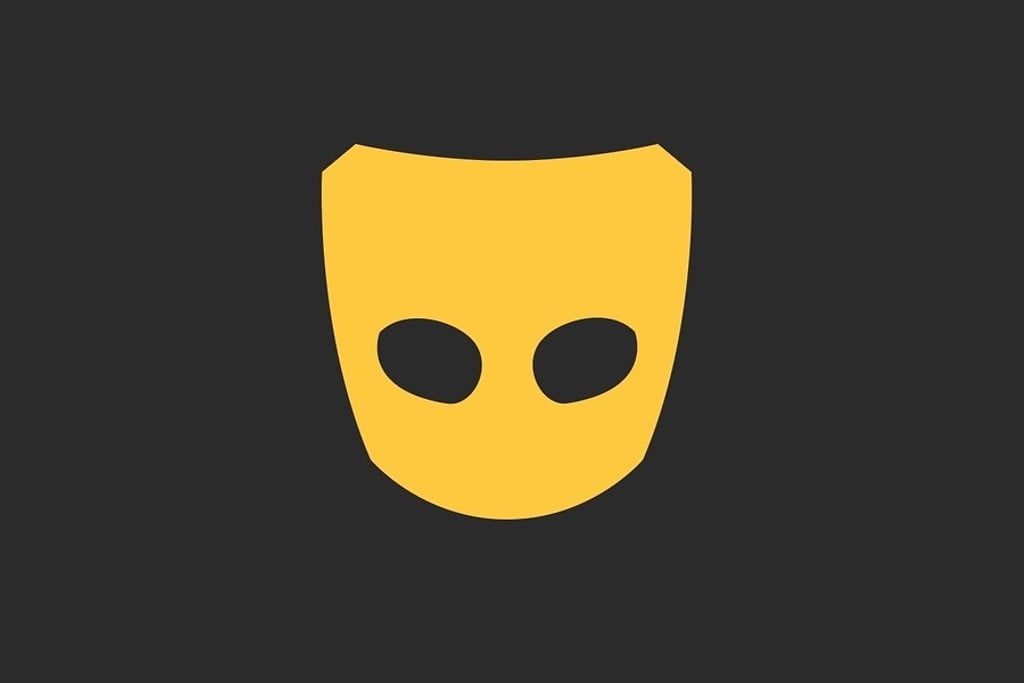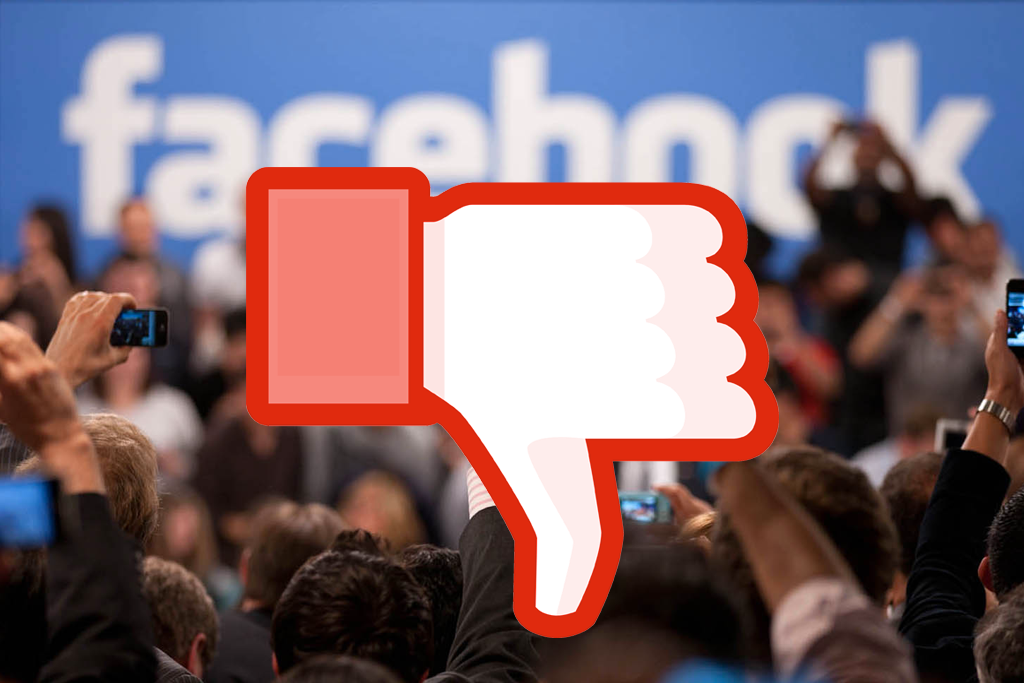Grindr Shared The HIV Status Of Its Users With Third Party Companies, Thinks This Is Fine
HIV advocates are PISSED.

Gay hookup app Grindr has come under fire for sharing the HIV statuses of its users with third parties.
According to BuzzFeed News, Grindr shared data about its users’ HIV statuses and “last tested date”, along with more general information such as their GPS location and email addresses, with app optimisation companies Apptimize and Localytics. The issue was first uncovered by Norwegian research organisation SINTEF, and later verified by BuzzFeed.
“The HIV status is linked to all the other information. That’s the main issue,” SINTEF researcher Antoine Pultier told BuzzFeed. “I think this is the incompetence of some developers that just send everything, including HIV status.”
Grindr is among the most popular dating/hookup apps for queer men, and has recently worked to cultivate an image as a promoter of safer sex and general health for LGBTIQ+ people.
The company has since confirmed to Axios that it is no longer sharing information about its users’ HIV statuses, and attempted to downplay the issue, saying users’ data had been encrypted.
“I understand the news cycle right now is very focused on these issues,” Grindr’s Head of Security, Bryce Case said. “[But] I think what’s happened to Grindr is, unfairly, we’ve been singled out.”
The company also sought to assure users that it respected their privacy, promising that it has never sold, and would never sell “personally identifiable user information — especially information regarding HIV status or last test date — to third parties or advertisers”.
Despite these assurances, a number of advocates have expressed concern about the news that Grindr had been willing to share such sensitive information.
“If users of these apps begin to question whether it is safe to share information about their HIV status, they may be less likely to reveal it, which could potentially create more opportunities for STIs to spread,” Justin Lehmiller, a sex and psychology researcher at the Kinsey Institute, told Vox.
Nic Holas, co-founder of HIV advocacy group The Institute of Many, told Junkee that “we want to get to a place where sharing your HIV status with the world isn’t an issue”.
“We need more, not less, people living with HIV being visible on apps and elsewhere. However, while people living with HIV continue to be criminalised and stigmatised around the world, it’s vital that our sensitive information is handled correctly, and ethically,” he said.
